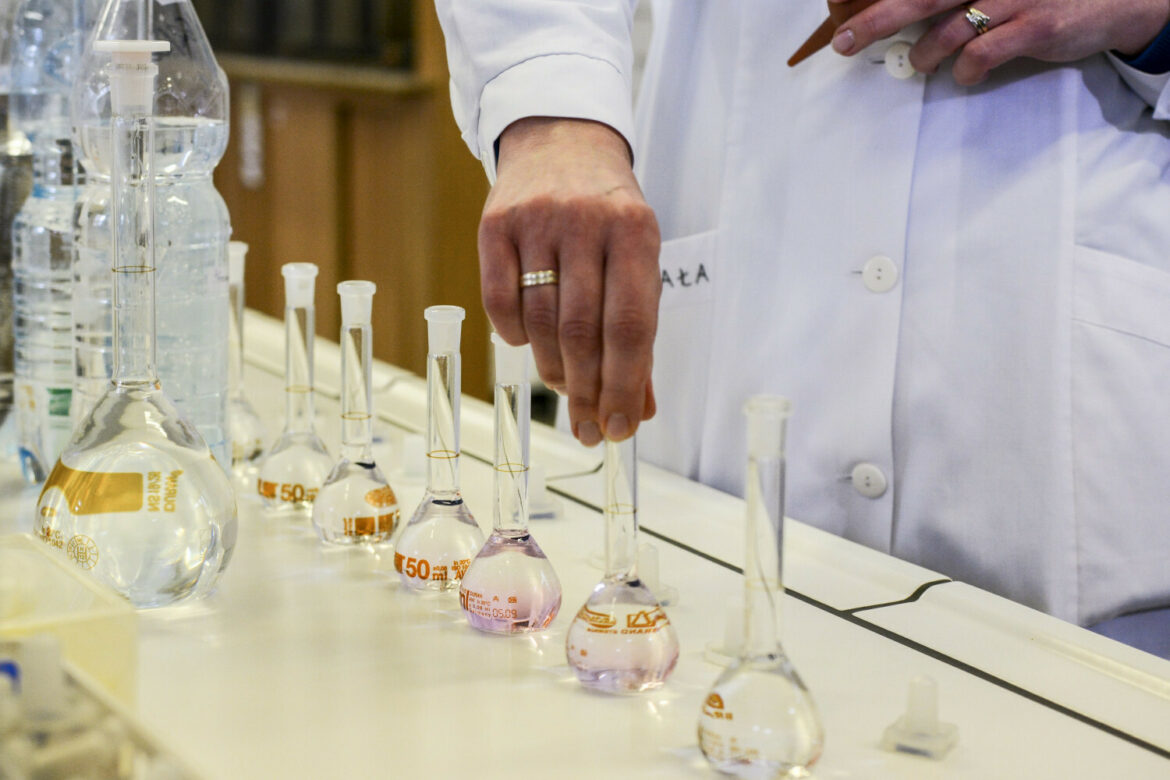Kiranmai Uppuluri from Lukasiewicz – Institute of Microelectronics and Photonics (IMIF) is working on sensors that detect contaminants in water and, communicating with a mobile app, can alert people to the danger in real time.
According to ourworldindata.org, contaminated water is responsible for 1.2 million deaths a year, so it is essential to develop emergency alert systems to make sure that the water is clean and healthy.
“Today, we cannot imagine watching a live broadcast match with even a few seconds of delay. In the same way, a water monitoring system should work. After all, are the football scores more important than the water that allows us to function? Of course not, therefore there is a need to monitor it to enable quick decision-making”, says Kiranmai Uppuluri.
Her sensors, compared to traditional ones, are smaller, more manageable, shatterproof and are made from elements commonly found in nature, making them cheaper to produce.
The sensors developed at Łukasiewicz – IMIF use metal oxides that react to the presence of ions in water and generate an electrical charge. Layers of such oxides are created by screen-printing, drying and sintering in a furnace. The sensor can be easily connected to an electronic circuit that measures the signal and transmits the data wirelessly to a computer or smartphone.
A few weeks ago, Kiranmai Uppuluri won the Falling Walls Lab competition just for her work on water sensors.
In 2015, she obtained a Bachelor’s degree in Physical Sciences from the University of Delhi. In 2017, she obtained a Master’s degree in Environmental Technology and Engineering from Ghent University in Belgium, the Institute of Water Education in the Netherlands and the University of Chemistry & Technology in the Czech Republic. As of 2019, she is working at Lukasiewicz – Institute of Microelectronics and Photonics.
Adrian Andrzejewski





